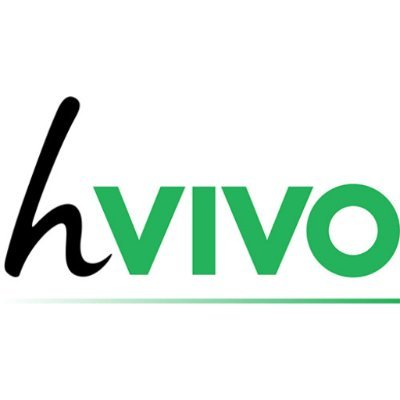Monitoring is essential from the moment a clinical trial is planned until it concludes. This ensures that the study remains unbiased, patient safety is prioritised, and accurate results are achieved. The process of clinical trial monitoring continues throughout the entire duration of the study.
Clinical trial monitoring is a mandatory procedure for all types of clinical trials. It involves overseeing every aspect of the study, beginning at the planning phase and extending until its completion. The monitoring process ensures compliance with protocols set by regulatory bodies. It also facilitates the collection, organisation, and storage of crucial data, while ensuring that all adverse reactions experienced by patients are properly recorded. Patients need to complete informed consent documents, and clinical trial monitoring ensures they fully understand their participation. The monitoring can be performed both on-site and remotely, which contributes to the comprehensive oversight of the study.
The main purpose of clinical trial monitoring is to maintain patient safety and regulatory compliance. Monitoring helps detect issues that may arise, ensuring necessary adjustments are made to align with industry standards. Ultimately, this process safeguards patients from potential side effects of the medication or interventions under study.
In the UK, the Medicines and Healthcare products Regulatory Agency (MHRA) plays a key role in regulating clinical trials. It not only approves trials but also monitors them and has a say in whether a particular intervention can proceed to market. The MHRA ensures that clinical trials comply with Good Clinical Practice (GCP) guidelines. Other parties, like sponsors, are also involved in clinical trial monitoring. Sponsors are responsible for funding the organisation conducting the trial and ensuring all necessary safety and efficacy measures are in place. Additionally, Independent Monitoring Boards and Research Ethics Committees participate in the process, focusing on independent oversight and ethical considerations, respectively.
There are various types of clinical trial monitoring. These different approaches work together to ensure patient safety, data accuracy, and regulatory compliance. On-site monitoring involves visits to the physical location of the study to oversee adherence to protocols and compliance. Remote monitoring uses electronic data capture systems to track study progress and identify issues, which is valuable for both regulatory bodies and third-party monitors. Centralised monitoring is conducted from a specific location, allowing experts to detect data issues and identify patterns or trends. Finally, risk-based monitoring focuses on high-risk areas of the trial, allocating resources accordingly to minimise adverse effects and mitigate escalating risks.
In some cases, clinical trials are stopped before they are completed. This can happen for several reasons, such as the appearance of unexpected side effects or an intervention proving ineffective in treating the condition. The decision to stop a trial involves regulatory authorities and other parties, and is usually based on findings identified through clinical trial monitoring.
Conversely, trials may also be extended. If there are too few participants, unexpected results emerge, or the data collected proves inconclusive, regulatory bodies may approve an extension of the trial. An extension allows the researchers to gather additional data, especially when further information is needed to draw valid conclusions or to understand new side effects.
Even after a clinical trial ends, data collection often continues. Researchers may follow up with participants to collect long-term data on the safety and efficacy of the intervention. This ongoing collection helps assess the effects of interventions over extended periods, offering insights that might not be evident during the relatively short span of a formal trial. Long-term follow-up is particularly valuable for understanding how an intervention performs outside of a controlled setting.
Consistent monitoring of clinical trials is vital for ensuring the safety of participants and the integrity of results. Whether through on-site or remote means, the monitoring process helps provide reliable data during the study and for future research purposes. FluCamp, for example, offers a variety of clinical trials with compensation to eligible participants, providing an opportunity for individuals to contribute to medical research.
Clinical trial monitoring remains a crucial aspect of medical research, ensuring that safety and compliance standards are upheld while contributing to the broader scientific understanding of new treatments and interventions.
hVIVO plc (formerly Open Orphan plc), led by Cathal Friel, is a rapidly growing specialist contract research organisation (CRO) and the world leader in testing infectious and respiratory disease vaccines and antivirals using human challenge clinical trials, providing end-to-end early clinical development services for its broad and long-standing client base of biopharma companies.


